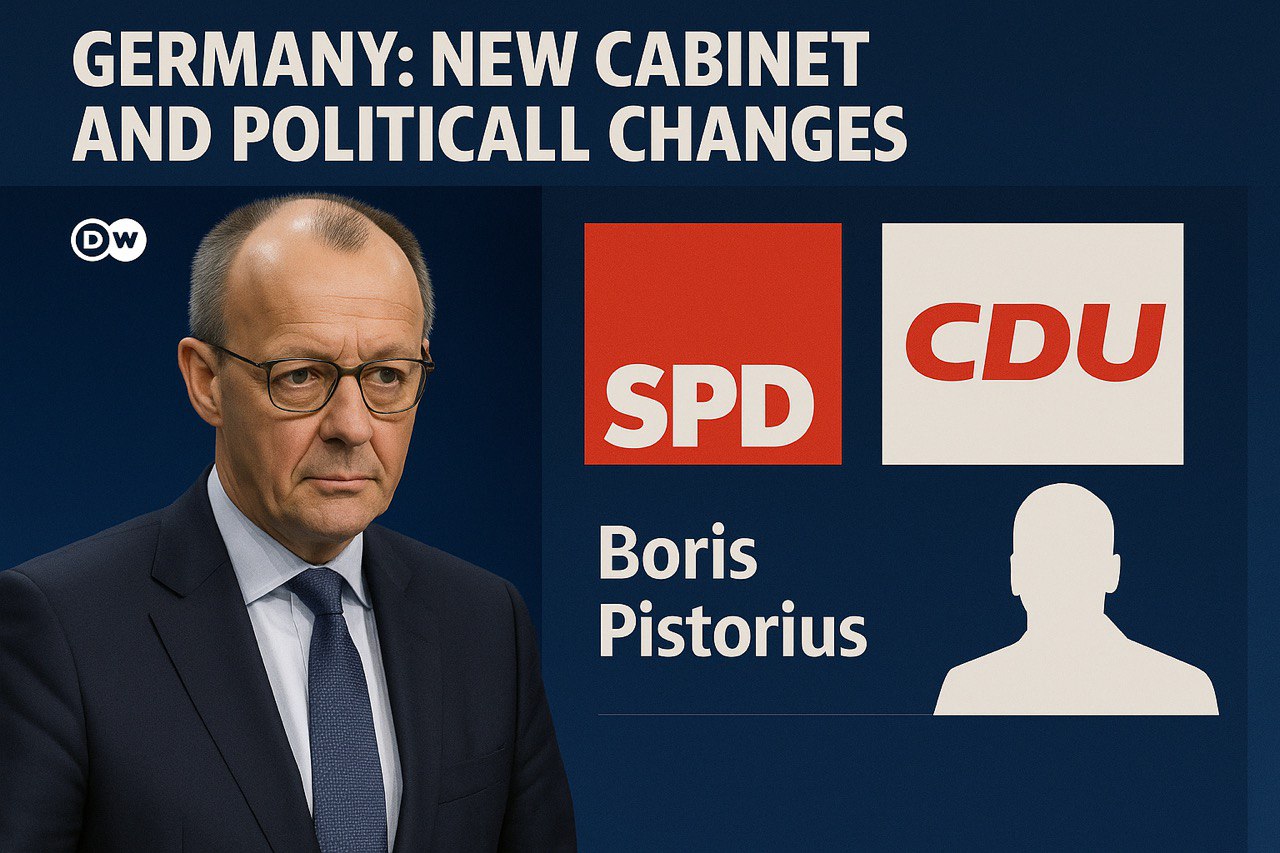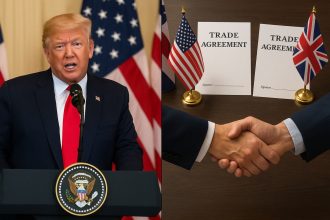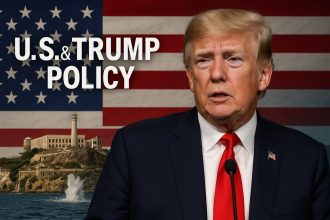A New Chapter for Germany
As of May 7, 2025, Germany is navigating a significant political shift with Friedrich Merz at the helm as chancellor, elected on May 6 after a dramatic initial voting failure in the Bundestag. This moment, marked by Merz securing 325 votes in a second round, underscores the resilience of German democracy. The formation of a grand coalition between Merz’s CDU/CSU and the SPD, signed just a day earlier on May 5, 2025, is the fifth such coalition in post-war history, signaling a return to stability after months of uncertainty following early elections in February 2025.
Political Context: The Path to Power
The road to this coalition began with the collapse of Chancellor Olaf Scholz’s three-party coalition, prompted by economic stagnation, immigration challenges, and public dissatisfaction. The February 2025 elections saw Merz’s CDU/CSU emerge as the strongest faction, but without a clear majority, necessitating coalition talks. Negotiations with the SPD, the only viable partner for a stable government, culminated in a coalition agreement focused on economic recovery, defense, migration, and EU leadership. This agreement, approved by internal party votes, was signed on May 5, 2025, setting the stage for Merz’s election.
Cabinet Composition: Key Figures and Roles
The new cabinet reflects a blend of continuity and change, with key appointments highlighting the coalition’s priorities:
- Johann Wadephul (CDU) as Foreign Minister brings extensive experience in defense and foreign policy, crucial for navigating global tensions, including the ongoing war in Ukraine and strengthening European defense.
- Katherina Reiche (CDU), heading the Economy and Energy Ministry, is a former energy executive whose business acumen is expected to drive Germany’s reindustrialization efforts, addressing high energy costs and bureaucratic inefficiencies.
- Boris Pistorius (SPD) remains Defense Minister, ensuring continuity in military modernization, especially as Germany plans to increase defense spending.
- Lars Klingbeil (SPD), as Finance Minister, faces the challenge of managing finances amid a controversial proposal to amend the Basic Law, exempting defense spending above 1% of GDP from the debt brake. This move, while seen as necessary for security, has raised concerns about potential inflation and increased national debt, with projections suggesting Germany could pay approximately €71 billion in interest annually by 2035.
Policy Priorities: Domestic and International Agenda
The coalition’s agenda is ambitious, aiming to tackle domestic economic stagnation through reindustrialization and infrastructure modernization. Internationally, Germany must navigate a complex landscape, including the war in Ukraine, which continues to strain resources, and the unpredictable trade policies of the Trump administration in the U.S. One of the first acts of the new government was to propose amending the Basic Law to allow increased defense spending without debt brake constraints, a move supported by Merz to bolster Germany’s military capabilities. However, economists warn of potential economic repercussions, adding to the controversy around this policy.
Migration remains a contentious issue, with the coalition agreement including measures to tighten border controls while addressing refugee and asylum seeker needs. Balancing these priorities will be crucial for maintaining social cohesion and political stability, especially given the rising far-right sentiment in recent years.
Given Germany’s focus on economic recovery, the role of financial tools and platforms has come into sharper focus. For individuals looking to navigate economic uncertainty, trading platforms like PocketOption have gained attention. A colleague recently mentioned its user-friendly interface for trading various assets, including stocks and commodities, which could be relevant for readers interested in engaging with global markets. Of course, as with any investment, it’s important to proceed with caution and conduct thorough research.
Challenges Ahead: Geopolitical and Domestic Pressures
The new government faces significant challenges, both domestically and internationally. Domestically, economic recovery is hampered by high energy costs and bureaucratic inefficiencies, while internationally, Germany must lead in the EU amidst tensions with the U.S. and ongoing conflicts like Ukraine. The proposed increase in defense spending, while necessary for security, has sparked debate over its economic impact, with concerns about inflation and debt levels. This controversy highlights the delicate balance the coalition must strike between security and fiscal responsibility.
Reflecting on this political shift, I can’t help but think back to my first visit to Berlin years ago. The city was buzzing with energy, a stark contrast to the political turmoil that often defines German politics. Yet, beneath the surface, there’s always been a resilience, a determination to move forward. Merz’s election, despite the initial voting hiccup, is a testament to that resilience. It’s a reminder that democracy, while messy at times, ultimately finds a way to function, offering a path forward for Germany and Europe.
Conclusion: A Pivotal Moment for Germany
As of May 7, 2025, Germany’s new government under Chancellor Friedrich Merz marks a pivotal moment in the country’s history. With a focus on security, economic growth, and stability, this grand coalition aims to address pressing issues facing Germany and Europe. Whether it can deliver on its promises amidst economic and geopolitical challenges remains to be seen, but for now, Germany has a government, and that’s a step in the right direction. This new era, with its blend of continuity and change, offers hope for leadership and resilience in uncertain times.
Table: Key Cabinet Members and Their Roles
| Name | Party | Role | Background Notes |
| Johann Wadephul | CDU | Foreign Minister | Experienced in defense and foreign policy |
| Katherina Reiche | CDU | Economy and Energy Minister | Former energy executive, business-focused |
| Boris Pistorius | SPD | Defense Minister | Continuing role, focused on military modernization |
| Lars Klingbeil | SPD | Finance Minister | Tasked with managing finances, debt brake changes |





